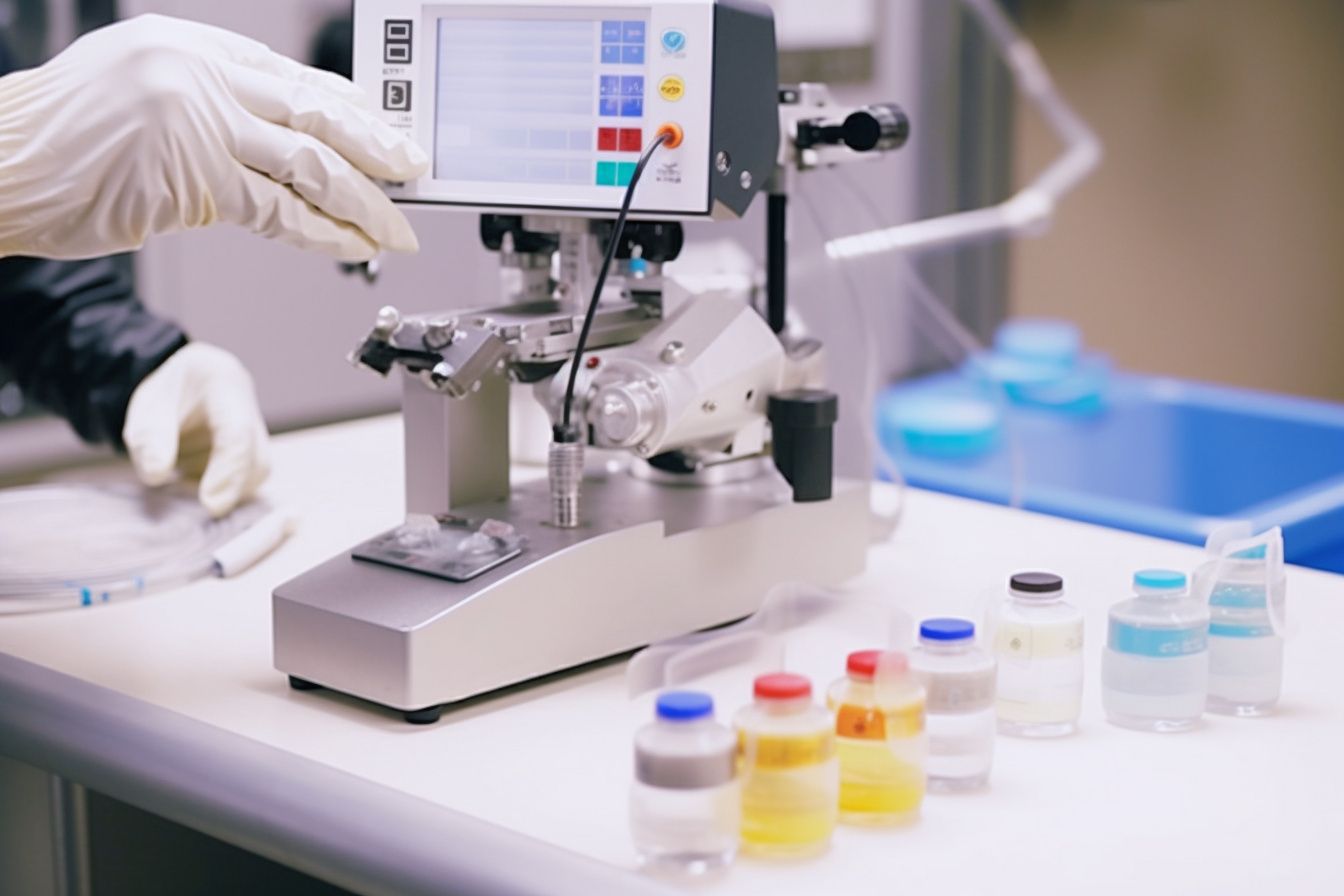Application and challenges of in vitro diagnostic reagents in the medical field
Release time:
2023-09-05
In the medical field, in vitro diagnostic reagents play a very important role. They are widely used in disease prevention, screening, monitoring, and disease assessment, playing an important role in improving medical standards and ensuring public health.
In vitro diagnostic reagents refer to reagents used for diagnosis outside the human body, mainly for detecting various substances in human samples, such as blood, urine, secretions, etc. These reagents can detect abnormal components or indicators in the human body, providing a diagnostic basis for doctors to develop appropriate treatment plans.

The application range of in vitro diagnostic reagents is very wide, covering multiple fields such as clinical chemistry, immune diagnosis, and gene diagnosis. Among them, reagents in the field of clinical chemistry are mainly used to detect chemical components in the human body, such as blood sugar, blood lipids, liver and kidney function, etc; The reagents in the field of immune diagnosis mainly detect various antigens and antibodies, such as tumor markers, infectious disease antigens, etc; Reagents in the field of genetic diagnosis are used to detect gene mutations and polymorphisms, providing a basis for the diagnosis of hereditary diseases and cancer.
In vitro diagnostic reagents have a profound impact on the medical field. The application of these reagents has improved the accuracy and speed of diagnosis. By using in vitro diagnostic reagents, doctors can quickly and accurately diagnose the condition, reducing misdiagnosis and missed diagnosis. Secondly, the application of in vitro diagnostic reagents has improved the efficiency of medical services. The automated testing of reagents reduces the complexity of manual operations and reduces the waste of medical resources. In addition, the application of in vitro diagnostic reagents also contributes to the realization of personalized medicine. By accurately diagnosing individuals, a more appropriate treatment plan can be tailored for them.
However, the development of in vitro diagnostic reagents still faces some challenges. For example, the sensitivity and specificity of some reagents need to be improved to ensure more accurate diagnostic results; Meanwhile, the high prices of some reagents limit their application in grassroots medical units. In the future, with the continuous progress of technology and the reduction of research and development costs, the performance and popularity of in vitro diagnostic reagents will continue to improve.
Hubei Xindesheng Material Technology Co., Ltd. is an enterprise that produces various types of in vitro diagnostic reagents, such as chemiluminescence reagents, oxidase chromogenic reagents, biological buffering agents, enzyme preparations, and antigen antibodies. The company has complete technical research and development, quality inspection departments, and good product quality. In vitro diagnostic reagents play a crucial role in the medical field, so choosing in vitro diagnostic reagents should also be more cautious!
Contact details
Contact number
Address: C8, Guanggu United Science and Technology City, Ezhou City, Hubei Province
Fax:0711-3704 589
Follow us



